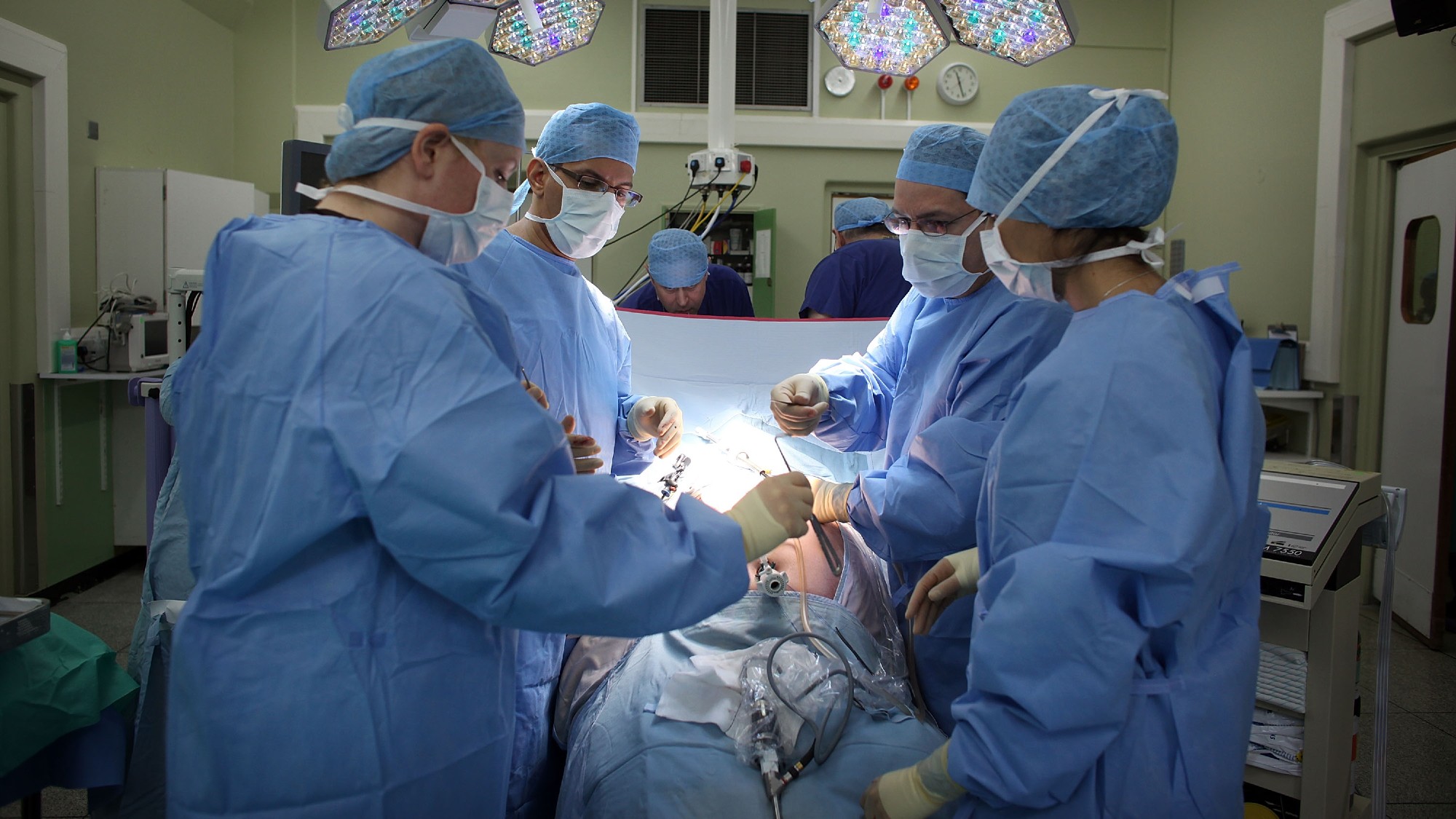Health
Music Enhances Recovery After Surgery, Study Reveals Benefits

Music can significantly aid recovery from surgery, according to a recent study conducted by researchers at Lok Nayak Hospital and Maulana Azad Medical College in India. The study, which involved 56 patients undergoing laparoscopic cholecystectomy—an operation to remove the gallbladder—found that playing calming instrumental music during surgery led to faster recovery times.
The findings suggest that music has a beneficial impact on patients’ physiological responses to surgery. “Music seemed to quieten the internal storm,” said Dr. Farah Husain, a senior specialist in anaesthesia and certified music therapist involved in the research. The results indicate a potential shift in how hospitals approach surgical wellbeing.
Reduced Stress Levels During Surgery
Patients in the study received the anaesthetic propofol, which induces rapid loss of consciousness and allows for a clearer awakening. While all participants were given the same anaesthetic regimen and wore noise-cancelling headphones, only one group listened to music. Those who enjoyed music required significantly less propofol, averaging 6.7 mg per kilogram of body weight per hour, compared to 7.86 mg for the control group.
In addition to requiring lower doses of anaesthetic, patients who listened to music also needed fewer additional doses of fentanyl, an opioid painkiller typically administered to manage spikes in blood pressure or heart rate during surgery. The physiological stress response, measured by serum cortisol levels, was notably lower in the music group, indicating a reduction in stress during the procedure.
Building on Existing Practices
The use of music therapy in medical treatment is not a novel concept. It has long been employed to alleviate stress, anxiety, and pain before and after various medical procedures, including in areas such as cancer care, mental health, and palliative care. Dr. Husain emphasized the importance of ensuring patients have a clear-headed and pain-free awakening after surgery.
“Patients need to wake up clear-headed, alert, and oriented,” she stated. The positive outcomes observed in this study suggest that music could soon play a vital role in surgical recovery protocols in hospitals worldwide.
The research team is preparing to conduct further studies to deepen their understanding of music’s effects on recovery. As Dr. Husain noted, “one truth is already humming through the data”: gentle melodies can foster healing even when the body is still and the mind is asleep.
These findings not only provide insight into the potential benefits of music in surgical settings but also pave the way for innovative approaches to patient care in the future.
-

 Technology4 months ago
Technology4 months agoDiscover the Top 10 Calorie Counting Apps of 2025
-

 Health2 months ago
Health2 months agoBella Hadid Shares Health Update After Treatment for Lyme Disease
-

 Health3 months ago
Health3 months agoErin Bates Shares Recovery Update Following Sepsis Complications
-

 Technology4 weeks ago
Technology4 weeks agoDiscover 2025’s Top GPUs for Exceptional 4K Gaming Performance
-

 Technology2 months ago
Technology2 months agoElectric Moto Influencer Surronster Arrested in Tijuana
-

 Technology4 months ago
Technology4 months agoDiscover How to Reverse Image Search Using ChatGPT Effortlessly
-

 Technology4 months ago
Technology4 months agoMeta Initiates $60B AI Data Center Expansion, Starting in Ohio
-

 Technology4 months ago
Technology4 months agoRecovering a Suspended TikTok Account: A Step-by-Step Guide
-

 Health4 months ago
Health4 months agoTested: Rab Firewall Mountain Jacket Survives Harsh Conditions
-

 Lifestyle4 months ago
Lifestyle4 months agoBelton Family Reunites After Daughter Survives Hill Country Floods
-

 Technology3 months ago
Technology3 months agoUncovering the Top Five Most Challenging Motorcycles to Ride
-

 Technology4 months ago
Technology4 months agoHarmonic Launches AI Chatbot App to Transform Mathematical Reasoning





















